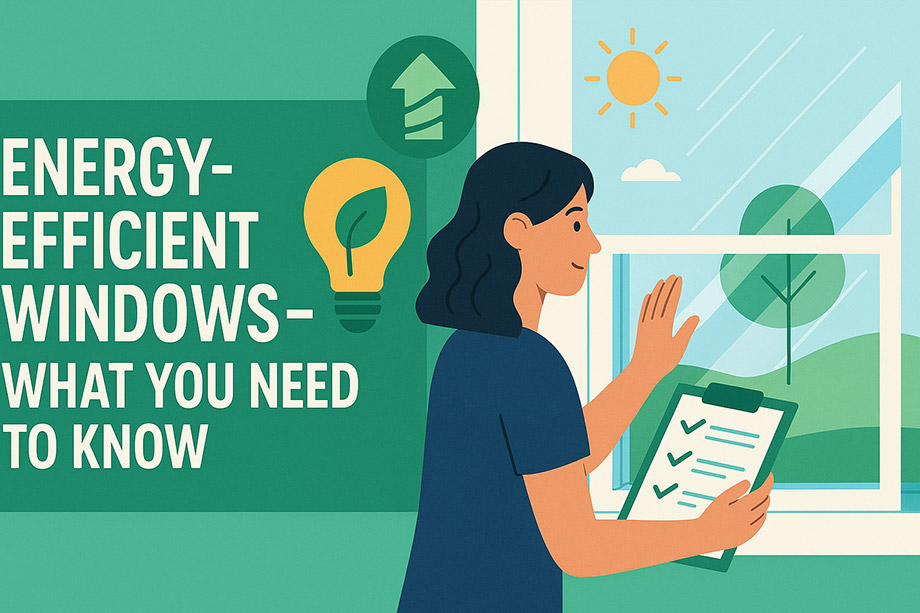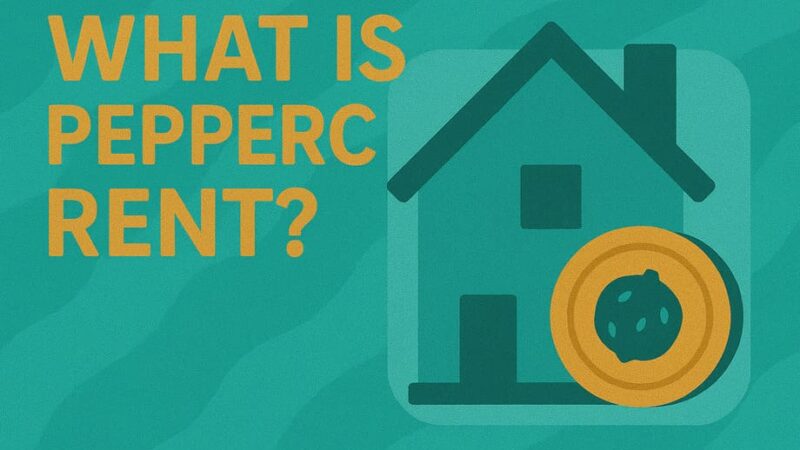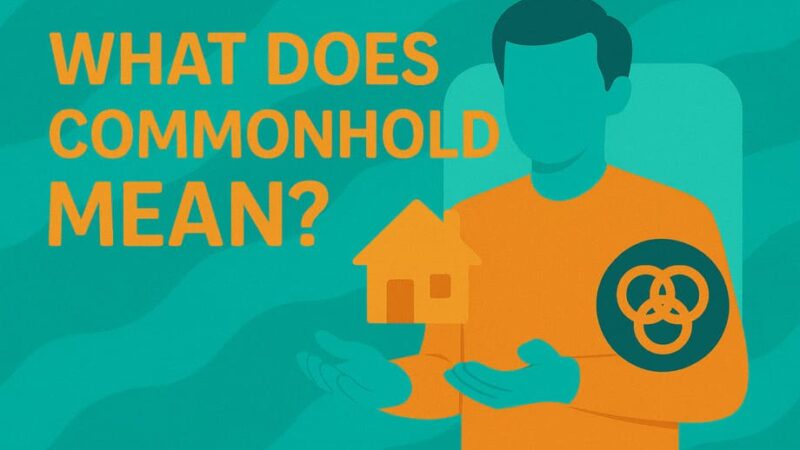Energy-Efficient Windows – What You Need to Know

As energy bills continue to rise and environmental concerns grow, homeowners across the UK are increasingly prioritising energy efficiency in their properties. One of the most impactful upgrades you can make to improve your home’s energy performance is investing in energy-efficient windows. But what exactly makes a window energy efficient, and why is it particularly important in the UK? Let’s dive in.
Why Energy-Efficient Windows Matter in the UK
The UK’s temperate climate means homes often battle with heat loss in winter and overheating in summer. According to the Energy Saving Trust, up to 25% of heat can be lost through poorly insulated windows and doors. This not only inflates heating bills but also increases your property’s carbon footprint.
Installing energy-efficient windows can significantly reduce heat loss, improve comfort, and lower energy costs helping UK homeowners meet their sustainability goals and comply with tightening building regulations.
Table of Contents
What Makes a Window Energy Efficient?
Several factors influence the energy efficiency of a window:
1. Glazing
- Double and Triple Glazing: Modern energy-efficient windows typically feature double or triple glazing, meaning two or three layers of glass with a space between them filled with air or inert gas (like argon). This creates an insulating barrier that reduces heat transfer.
- Low-E Coatings: Low-emissivity (Low-E) coatings are ultra-thin metallic layers applied to glass surfaces that reflect heat back inside during winter and keep heat out during summer.
2. Frame Material
- uPVC: Widely used in the UK, uPVC frames offer good thermal performance, low maintenance, and affordability.
- Timber: Timber frames provide excellent insulation and aesthetics but require more upkeep.
- Aluminium: Strong and durable but less insulating; however, modern aluminium frames often have thermal breaks to improve efficiency.
3. Window Design and Installation
- Well-sealed frames and professional installation prevent drafts and heat leaks.
- Modern window designs reduce thermal bridging, where heat escapes through the frame.
Energy Ratings and Certifications in the UK
In the UK, windows are rated for energy efficiency using the Window Energy Rating (WER) system, which grades windows from A++ (most efficient) to E (least efficient). When shopping for windows, look for WER labels to compare performance easily.
Additionally, windows that meet standards for Part L of the Building Regulations (which cover conservation of fuel and power) ensure your property adheres to legal energy efficiency requirements, especially during new builds or renovations.
Benefits of Energy-Efficient Windows
– Lower Energy Bills
By reducing heat loss and improving insulation, energy-efficient windows cut heating and cooling costs significantly — savings can reach hundreds of pounds annually.
– Enhanced Comfort
Less cold drafts and reduced condensation create a more comfortable living environment year-round.
– Environmental Impact
Energy-efficient windows reduce your home’s carbon emissions, contributing to UK government goals for net-zero carbon by 2050.
– Noise Reduction
The insulating properties of double and triple glazing also dampen outside noise, perfect for urban and busy residential areas.
– Increased Property Value
Energy-efficient features are highly attractive to buyers, often leading to higher property valuations.
Tips for Choosing Energy-Efficient Windows in the UK
- Check the Window Energy Rating (WER): Aim for A or above.
- Opt for Double or Triple Glazing: Triple glazing is becoming popular in colder UK regions.
- Choose the Right Frame: Match materials to your budget, maintenance preferences, and style.
- Consider Professional Installation: Proper sealing and fitting maximise efficiency.
- Look for Additional Features: Such as trickle vents for ventilation without heat loss.
Cost Considerations
While energy-efficient windows have a higher upfront cost than standard ones, their long-term savings and increased property value make them a wise investment. The UK government and some local councils occasionally offer grants or incentives for home energy improvements — it’s worth checking current schemes.
Conclusion
Energy-efficient windows are a smart upgrade for any UK homeowner looking to reduce energy bills, improve comfort, and lower their environmental impact. By understanding the technology behind these windows and selecting the right products with professional installation, you can enjoy a warmer, quieter, and more sustainable home.
Last Updated on July 29, 2025 by James Cartwright







